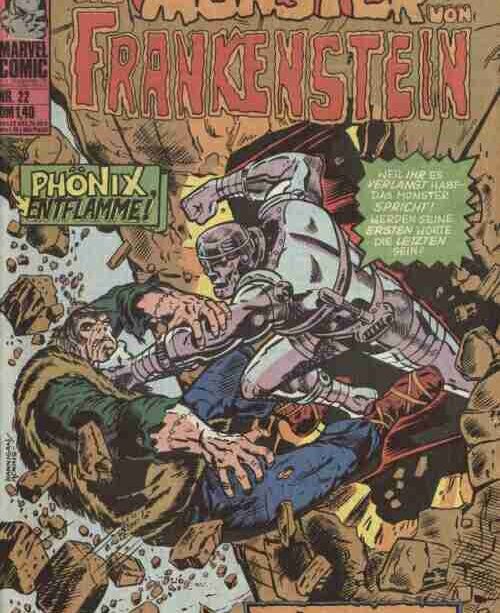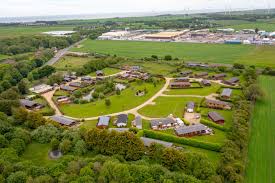The Enduring Legacy of Frankenstein in Modern Culture

Introduction
Mary Shelley’s “Frankenstein”, published in 1818, has transcended its status as a mere Gothic novel to become a cornerstone of modern literature. Its themes of scientific ambition, ethical responsibility, and the quest for identity resonate powerfully in today’s society, making it as relevant now as it was over two centuries ago. As we grapple with advancements in technology and biotechnology, the questions raised by Shelley regarding creation and its consequences reflect ongoing debates about humanity’s future.
Overview of the Novel
“Frankenstein, or the Modern Prometheus” tells the story of Victor Frankenstein, a scientist who creates a living being through unorthodox means, only to be horrified by his own creation. The story prompts readers to consider the nature of humanity and the ethical ramifications of scientific exploration. Shelley challenges her audience to ponder: what happens when we push the boundaries of nature?
Cultural Impact and Adaptations
Since its publication, “Frankenstein” has inspired countless adaptations across various media, including theatre, films, and visual arts. Notable adaptations include the classic 1931 film, which solidified the monster’s image in popular culture, and recent movies like “Victor Frankenstein” (2015) and “Mary Shelley” (2017) that seek to explore the author’s life and the mythos surrounding her creation. These adaptations ensure that the narrative remains dynamic and relevant, sparking conversations about scientific ethics in contemporary contexts.
Frankenstein in Today’s Context
In an era marked by rapid advancements in artificial intelligence, genetic engineering, and other scientific disciplines, the themes of “Frankenstein” are alarmingly pertinent. Current discussions around the consequences of biotechnology, such as CRISPR and cloning, echo Shelley’s cautionary tale about humanity’s hubris. Ethical conversations about the role of scientists and the responsibilities of creators have never been as critical. Furthermore, societal concerns about autonomy, identity, and acceptance reflect the experiences of both Victor and his creature.
Conclusion
The legacy of “Frankenstein” endures not only as a work of fiction but as a cultural touchstone that continues to inspire and caution contemporary society. As we navigate the challenges posed by new technologies, reflections on the nature of creation and the ethical implications of our actions remain essential. Mary Shelley’s insights act as a powerful reminder of the responsibilities that come with the pursuit of knowledge and the unpredictable consequences of our creations. The dialogue surrounding these timeless themes will likely continue in diverse forms, ensuring that “Frankenstein” remains a significant part of literary and cultural discourse for years to come.








